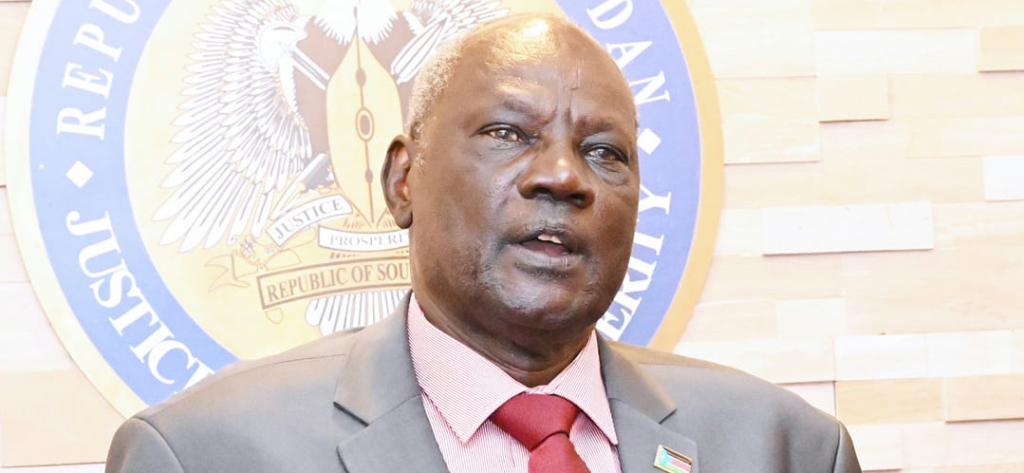South Sudan’s government has sought to downplay the impact of recent violence and rising tensions between the South Sudan People’s Defence Forces (SSPDF) and the opposition Sudan People’s Liberation Army in Opposition (SPLA-IO), led by First Vice President Dr. Riek Machar.
The clashes come as the parties to the 2018 peace agreement prepare to enter a new extended transitional period on 22 February 2025, pushing general elections to December 2026.
The 2018 peace deal, signed by President Salva Kiir and Dr. Machar, remains fragile, with significant challenges persisting. Key issues include the unification of armed groups into a national army, the drafting of a permanent constitution, and the implementation of institutional reforms before elections.
Michael Makuei, South Sudan’s Minister of Information and government spokesman, described the recent violence in Western Equatoria and Western Bahr el Ghazal as “normal skirmishes” typical of any conflict zone.
Speaking to Radio Tamazuj, Makuei insisted that the clashes would not derail the government’s commitment to the peace process or the extended transitional period.
“These events have occurred, but they are just skirmishes that happen everywhere. You cannot conclude that the parties are not genuine. The parties are fully committed to implementing the agreement, and these incidents will not affect the new extension,” Makuei said.
He added that the government would ensure the full implementation of all outstanding provisions of the peace agreement during the extended transitional period.
However, the SPLM-IO has expressed alarm over recent attacks on its bases in Western Equatoria and Western Bahr el Ghazal.
Puok Both Baluang, the SPLM-IO Director of Information and Public Relations, warned that the violence threatens to undermine progress made under the 2018 peace agreement, particularly in security arrangements.
“These attacks jeopardize the implementation of the peace agreement, especially the security arrangements,” Baluang said. “We call on the SSPDF to show genuine political will in fully implementing the security arrangements and the Revitalized Agreement, so that we can move forward, addressing outstanding issues and paving the way for peaceful, democratic, transparent, and inclusive elections at the end of the transitional period.”
The Ceasefire and Transitional Security Arrangement Monitoring and Verification Mechanism (CTSAMVM) has also raised concerns.
Major General Yitayal Gelaw Bitew, Chairperson of CTSAMVM, warned on Tuesday that the intensified fighting along the borders of Western Equatoria and Western Bahr el Ghazal poses a serious threat to the integrity of the ceasefire agreement. Bitew called on all parties to respect the ceasefire and work toward restoring stability. Radio Tamazuj






